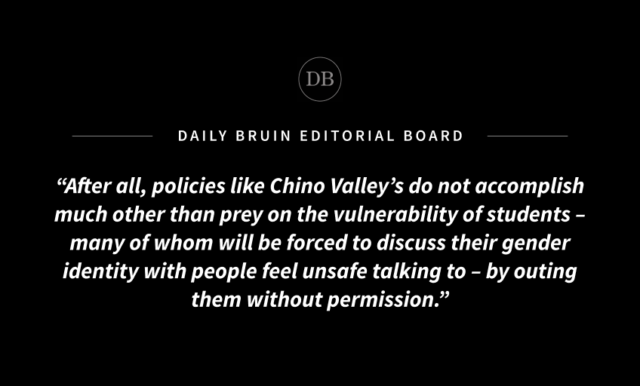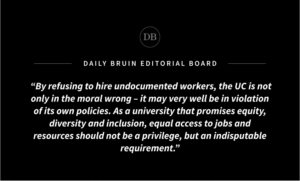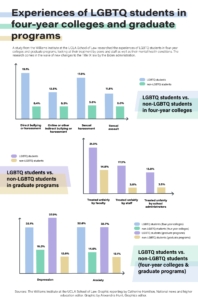This post was updated Oct. 8 at 8:04 p.m.
An increasingly polarized political battle is being fought within school walls.
At the forefront of this conflict in California, conservative school boards – most recently the Chino Valley Unified School District – have been attempting to institute policies that notify families and parents about the gender identity of their children. The policy, if set in motion, would require a written notice from district staff within three days of learning information that may suggest the student identifies as gender-nonconforming or transgender.
A San Bernardino County Superior Court judge made the decision to temporarily restrain the implementation of the policy. Despite this, an Oct. 13 hearing has already been arranged to determine whether the privacy concerns against Chino Valley’s plans hold merit, with the dispute possibly even moving up to be analyzed in higher courts. Following Chino Valley’s example, the Murrieta Valley Unified School District has also voted in favor of the same policy.
More intensely than ever, this ideological war continues across the state and even the nation. It is thus unfortunate that the individuals this war will most negatively affect are the students both schools and parents are supposed to nurture.
After all, policies like Chino Valley’s do not accomplish much other than preying on the vulnerability of students – many of whom will be forced to discuss their gender identity with people they feel unsafe talking to – by outing them without permission.
According to the LA Times, school board leaders have deemed the policy a crucial measure to support students, citing the right for parents to have full knowledge about what goes on in their children’s lives. From their perspective, the disclosure is intended to provide the opportunity for parents to help, not hurt, students, the LA Times reported.
But regardless of how altruistic the intentions behind such policies actually are, there are undoubtedly cases in which notifying families without exception will put students at risk. The mental and physical harm done may, in fact, be irreparable.
According to a 2022 study, nearly a third of LGBTQ+ youth have faced homelessness or housing instability, with 14% having slept away from their families, and a significant 40% of them attributing this separation to being kicked out or abandoned because of their LGBTQ+ identity.
Compared to non-LGBTQ+ youth, those that belong to the community are over four times as likely to make an attempt on their life, with as high as 45% saying they considered suicide in the last year alone, according to the Trevor Project.
Striking a balance between parental rights and safeguarding the mental health of vulnerable youth is a nuanced task of the utmost importance. Perhaps a more inclusive approach could involve establishing comprehensive support systems within schools, ensuring that students have access to counseling and providing resources tailored to their unique needs.
However, this clash over school policies in California is not just an isolated incident but reflects a broader trend in the increasing politicization of education across the nation. At its core, this trend raises questions about the purpose of education. Is it solely about imparting knowledge and academic skills, or does it extend to shaping values and ideologies?
In January, former President Donald Trump unveiled an education reform proposal as part of his presidential campaign. This proposal reduces the federal funding for schools when topics like critical race theory and LGBTQ+ issues are taught, encouraging the presence of patriotism in the classroom and placing the power of selecting school principles in the hands of parents.
This politicization also has consequences beyond the immediate policy debates.
A recent analysis by researchers at UC Riverside and UCLA revealed that political division and community-level conflict are negatively influencing student interactions, leading to increased hostility and intolerance in schools. Out of the 150 California principals surveyed, over two-thirds reported that students made demeaning comments to liberal or conservative peers. They also said that incidences of intolerance between students have grown since the pandemic.
The impact of such divisiveness is palpable, eroding the inclusive and supportive atmosphere that should be a cornerstone of the educational experience.
This ideological battle underscores the importance of fostering understanding and empathy. It’s a call to bridge the gap between divergent perspectives, recognizing that at the core of this debate are real students grappling with their identities and seeking acceptance.
In the end, the true measure of success for any policy should be its ability to create a safe and supportive environment for all students, allowing them to thrive academically and emotionally.
Only time will tell if the legal battles in California and beyond lead to policies that strike this delicate balance or further deepen the divides in our already polarized educational landscape.




Comments are closed.